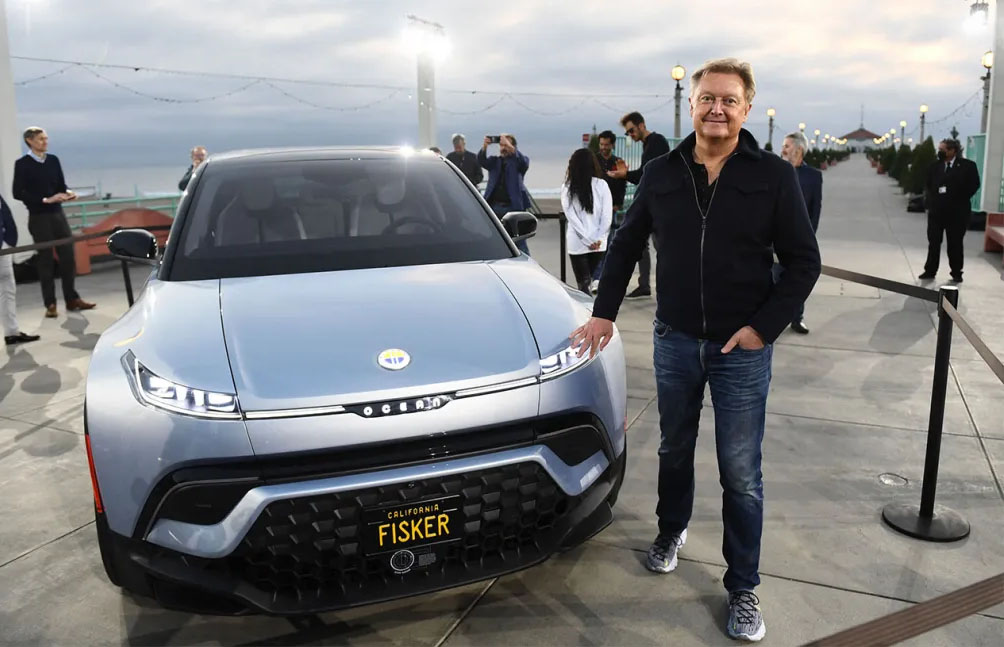Photo Credit: Fisker
In a disappointing turn of events, Fisker Inc., the electric vehicle startup founded by renowned automotive designer Henrik Fisker, has filed for Chapter 11 bankruptcy protection. The filing comes as the company aims to restructure its operations and potentially sell its assets, following months of challenges in ramping up production of its highly anticipated Ocean SUV.
According to court documents filed late Monday in the Delaware District Court, Fisker Group Inc. estimated its assets to be between $500 million and $1 billion, while its liabilities range from $100 million to $500 million. The company listed a diverse array of creditors, including software giants like SAP, Adobe, Salesforce, and engineering simulation firm Ansys.
Fisker's journey has been marred by a series of setbacks since it went public through a special purpose acquisition company (SPAC) merger in 2020, valuing the company at a staggering $2.9 billion. The highly anticipated Ocean SUV, which was intended to be a game-changer in the electric vehicle market, has been plagued by quality issues, software glitches, and mechanical problems since its launch just a year ago.
Despite its lofty goals of emulating the success of industry leaders like Tesla, Fisker struggled to meet production targets, delivering only a few thousand Ocean SUVs worldwide. The company's ambitious plan to leverage contract manufacturer Magna's vehicle-building expertise and establish a relationship akin to Apple and Foxconn ultimately fell short.
In a desperate bid to salvage operations, Fisker had explored potential deals with other automakers, seeking a much-needed capital infusion. However, these efforts proved fruitless, leaving the company with no choice but to seek bankruptcy protection and explore the sale of its assets.
The filing marks a significant setback for Henrik Fisker, whose previous venture, Fisker Automotive, also succumbed to bankruptcy in 2013 after facing similar challenges with its hybrid electric sports car. The latest development serves as a stark reminder of the immense challenges that startups face in the highly competitive and capital-intensive electric vehicle industry.
As Fisker navigates the bankruptcy process, industry analysts and observers will closely monitor the company's next steps, including potential asset sales or restructuring efforts. The future of the Ocean SUV and Fisker's other projects remains uncertain, leaving many to wonder if the company can rise from the ashes and secure a viable path forward in the rapidly evolving electric vehicle landscape.


